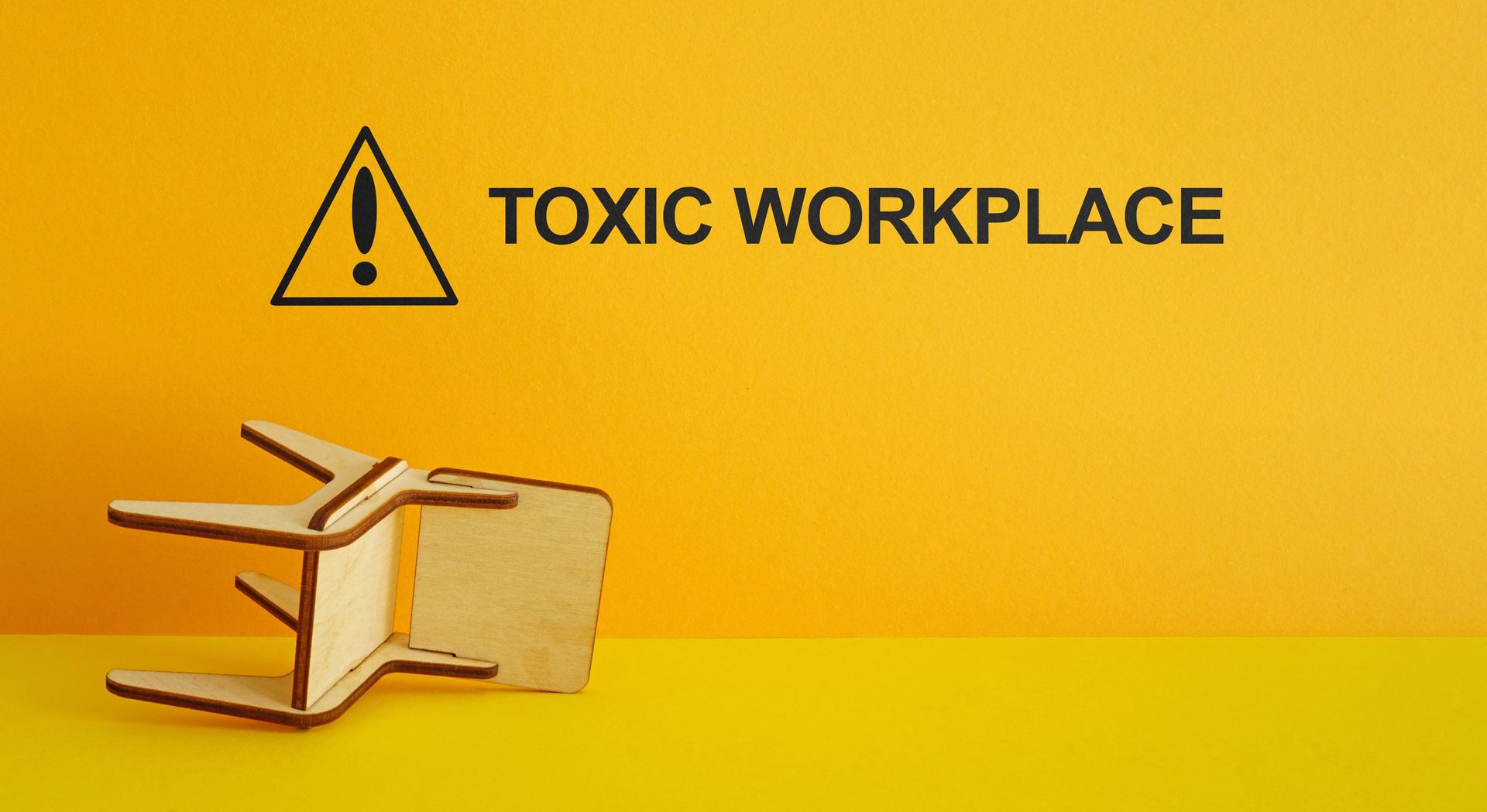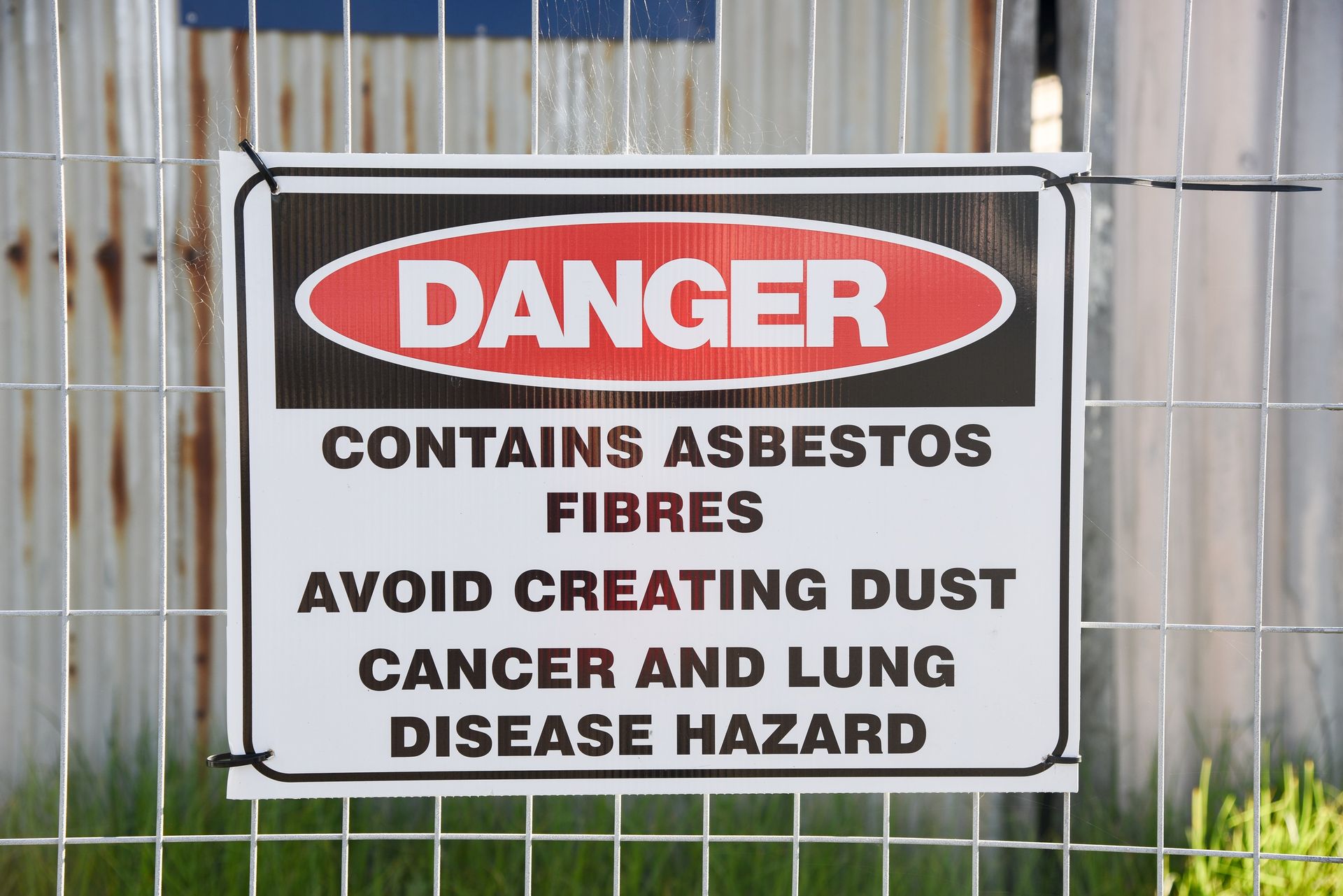The Statutory Duty of Care under the Design and Building Practitioners Act
David Addinall, Senior Associate • October 11, 2022
Do you need a skilled litigation lawyer who can guide you through a complex litigation process? Our experienced team has the expertise to address all your disputes.
In 2020, the NSW Government introduced the Design and Building Practitioners Act 2020 (NSW) (DBP Act) in response to growing consumer concerns about the accountability of professionals involved in building and construction work.
A key reform introduced by the DBP Act is an extension of the duty of care in tort. Section 37 of the DBP Act provides that a “person who carries out construction work has a duty of care to avoid economic loss caused by defects”.[1]
The duty is owed to both owners and subsequent owners and is owed regardless of whether the construction work was carried out under a contract. This means that owners and subsequent owners may have a claim against any person with “substantial control over the carrying out of” the work regardless of whether there is a specific contractual arrangement between the owner and the guilty party. This significantly widens the scope of claims that may be brought against anyone involved in construction works including architects, builders, project managers, engineers, contractors and subcontractors, and developers.
However, since the introduction of the DBP Act, there has been some confusion as to the application of the duty of care and who may be liable for construction work that is carried out.
Definition of “Building Work”
While the wording of the DBP Act makes it clear that the statutory duty of care applies to residential building work, it was uncertain how far this duty would extend to construction work on other buildings. This ambiguity is caused by the two different definitions of “building work” in the DBP Act.
The recent decision of Goodwin Street Developments Pty Ltd v DSD Builders Pty Ltd (in Liq)[2] has provided guidance on this issue. In this case, the Supreme Court of NSW confirmed that the duty of care is not limited to class 2 buildings (residential apartments) but extends to additional classes of buildings.
In reaching its conclusion, the Supreme Court found that the statutory duty applies to both “residential building work” as defined in the Home Building Act 1989 (NSW) and building work relating to a “building” as defined in the Environmental Planning and Assessment Act 1979 (NSW). On this basis, it is arguable that the duty of care extends to “building work” on almost all types of buildings.
What Amounts to “Substantial Control”?
Shortly after the Goodwin decision, the NSW Supreme Court delivered its judgment in the case of The Owners – Strata Plan 84674 v Pafburn Pty Ltd.[3]
In the proceedings, the Owners Corporation sued both the builder and developer for breaches of the statutory duty of care. In respect of the developer, the Owners Corporation alleged that it had engaged in “construction work” as it had supervised, coordinated, project managed or otherwise substantively controlled the building work carried out by the builder.
The Court stated that a person has supervised, coordinated or project-managed the relevant construction work only if it can be demonstrated that the person actually performed those functions.
However, when considering whether the developer had “substantive control' of the relevant construction work, the Court found that it must only be established that the person was in a position where it was able to control how the work was carried out (even if it did not exercise that control).
Conclusion
This interpretation of the duty of care as established by the DBP Act is a particularly important thing for developers and owner-builders to be aware of, as they may now be held liable for any defective work that is completed by sub-contractors under their substantive control.
[1] DBP Act, section 37.
[2] [2022] NSWSC 624.
[3] [2022] NSWSC 624.

Kells has been delivering outstanding services and legal expertise to commercial and personal clients in Sydney and the Illawarra region for more than five decades. Our lawyers are savvy and understand your needs.
Subscribe
Want to get the latest articles and news delivered to your inbox?
Request a Callback
Need help with a legal matter? Send us your details and one of our team members will be in touch.
Quicklinks
Expertise
Read Our Latest Insights
Our Locations
© 2022 Kells Your Lawyers | ABN: 88 235 192 916
Liability limited by a scheme approved under Professional Standards Legislation




